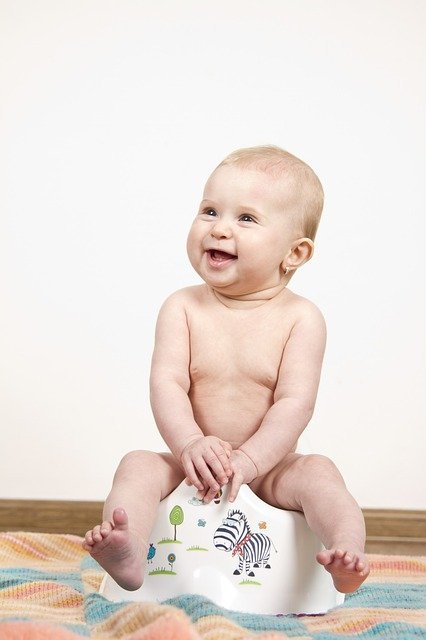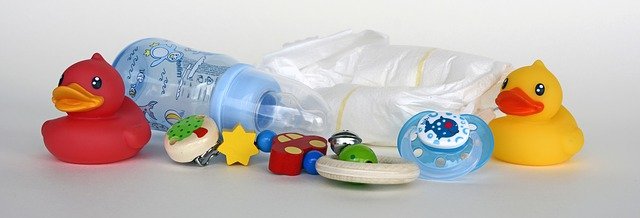If your toddler is approaching the age that you feel they might ready for toilet training, you may be filled with dread and anguish on how best to begin. Experienced parents tell us stories of what went wrong, how difficult it was, or (sometimes worse) how early their child was toilet-trained and leave us feeling guilty and afraid. Parenting already comes with enough guilt and anxieties, and we don’t need to add another one to the mix. Toilet training does not need to be a nightmare process that leaves the whole family in despair. Here are a handful of useful and hopefully pressure-relieving techniques and tips you can use to prepare your children for independent toilet use.

Skip The Potty And Go Straight To The Toilet
Some parents choose to skip the potty altogether as they feel it requires two different training processes, where it could be simple and faster to go straight to the toilet. You would then need a specialized seat fitted to your bathroom that is size-appropriate for your child. You get a range of seat options, such as toilet seats with padding or pictures or different size adjustability. If you choose to go this route, you would also need to keep a small step beneath your toilet so that your child can access the seat easily.
Encourage Time Spent Without Diapers
Time spent in underwear or the nude (depending on your climate and family) without a diaper is an excellent way to encourage your child to notice the feeling of needing to use the toilet. The comfort and familiarity of a nappy take away much of the thought process involved with urinating or defecating, so the change in feeling without a diaper encourages a sense of awareness.
Teach Them To Vocalize The Urge To Use The Toilet
If developmentally capable, teach your child to tell you when they need the toilet through gestures or words. Talk to them about how it feels in their stomach when they need to go to the bathroom. This is not a quick fix approach and will likely require many repetitions before clicking. Persevere, and you will all reap the benefits.
Take Off The Pressure
If you are a parent, you are probably already quite aware of how sensitive children are to pressure. This from a very young age. They can feel your pleading eyes staring at them from above their high chair while they sniff their broccoli, your camera whipped out, waiting for them to repeat the creative new skill they just mastered moments before. Just like us, they don’t like to feel pressured to perform. The same goes for toilet training. Try to keep the transition as low-stress and relaxed as possible without setting unrealistic time-frame goals. Some children show signs of being ready to toilet train as young as 18 months, whereas others are only ready around 3. You know your child best, so go with his or her cues in this regard.
A gentle way you can start to encourage using the toilet would be showing your child the potty or toilet and letting them spend some time sitting on it every few hours, whether they have to go or not. If they pee or poo while using the potty, positively reinforce them. However, do not make a big deal if they do not go, as we want to keep the low process stress. If you make them feel anxious, it might create more resistance. If you are comfortable, let your child watch you while you take a pee. Use simple language, and repeat your chosen terms like toilet, pee, poo, etc., while pointing at or using the bathroom.
Don’t Expect Linear Progress
While your child is mastering the skill of going to the toilet independently, you might see a decline in other functioning areas such as sleep. The same goes for if your child is adjusting to a new environment, such as starting playschool, which often coincides with this age. You might see a slight regression in their bathroom-use habits. Try not to feel despondent and creep into that zone of pressurizing. Maintain a calm approach, keep supporting their toilet-going without getting upset about accidents. This is all a very normal part of the process. Remember, they will get the hang of it, and before you know it, this will all be a fond but distant memory.

Toilet training does not need to be a stressful and laborious process for everyone involved. There are several effective and gentle ways to encourage a positive association with independent toilet use. Remove the pressure from you and your toddler, and watch as they conquer this major developmental leap with your scaffolding and love.










